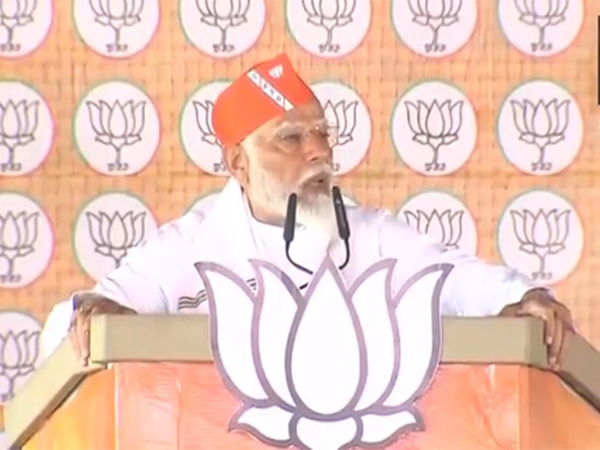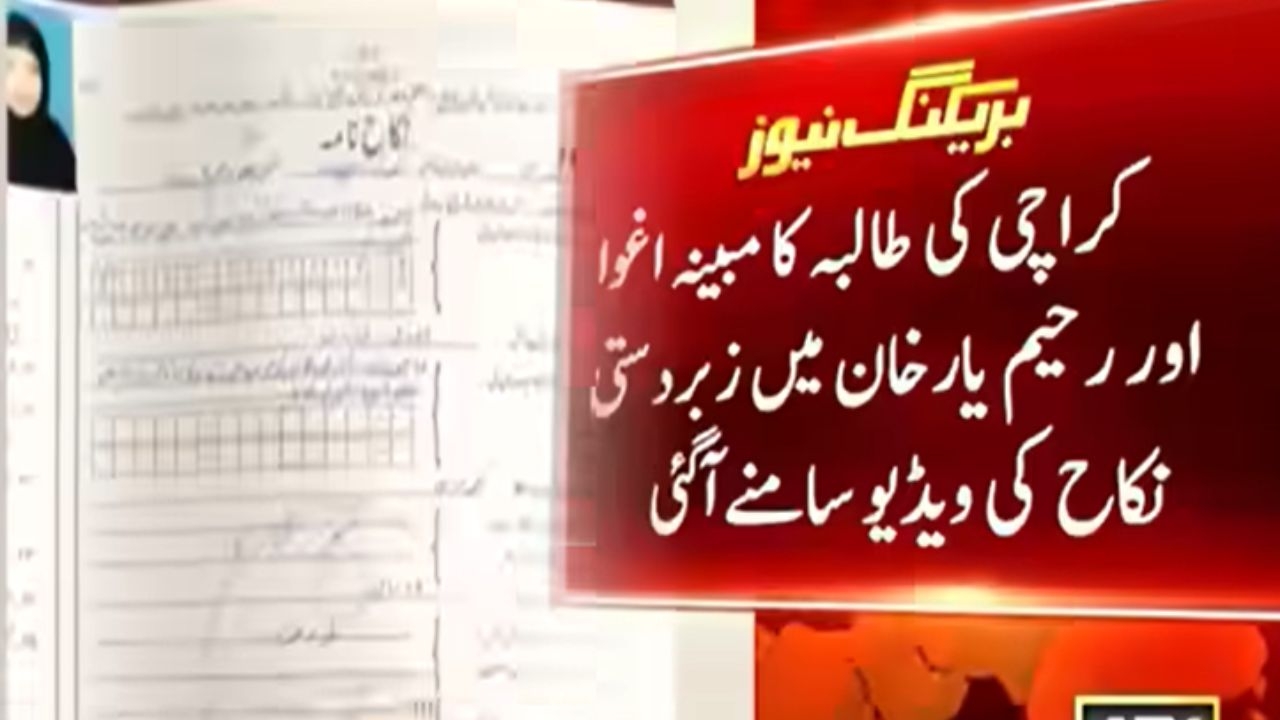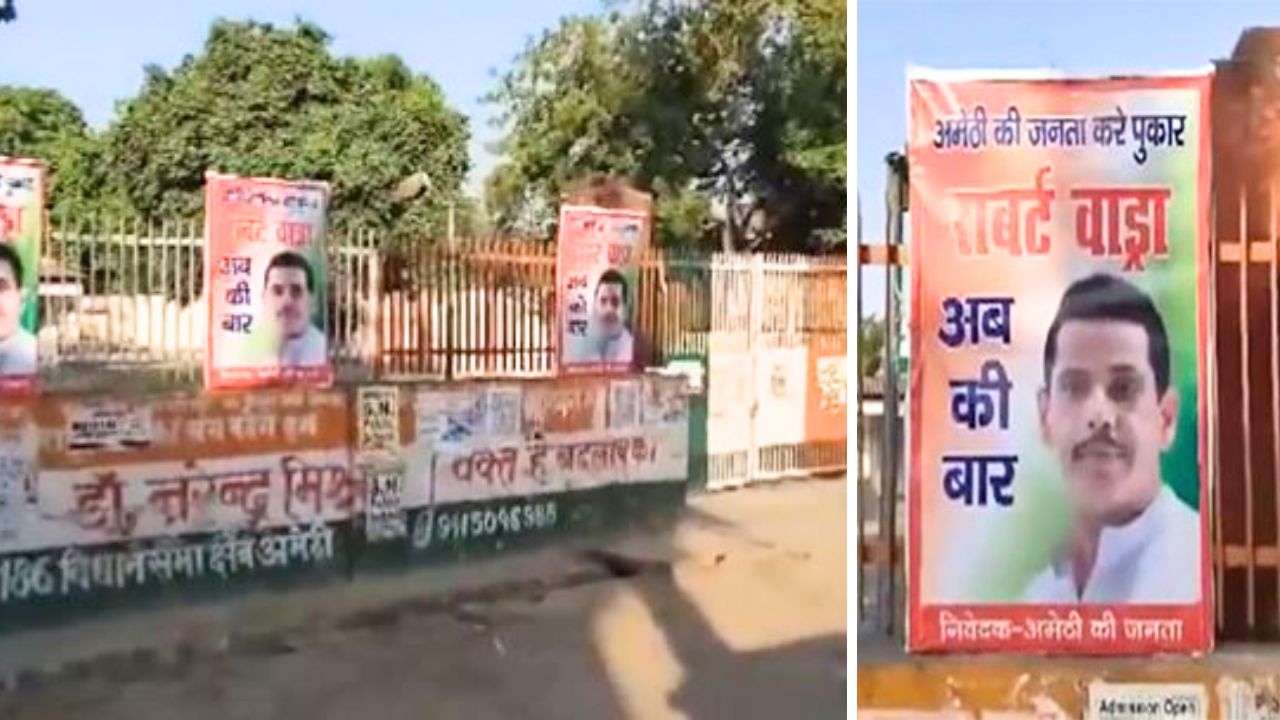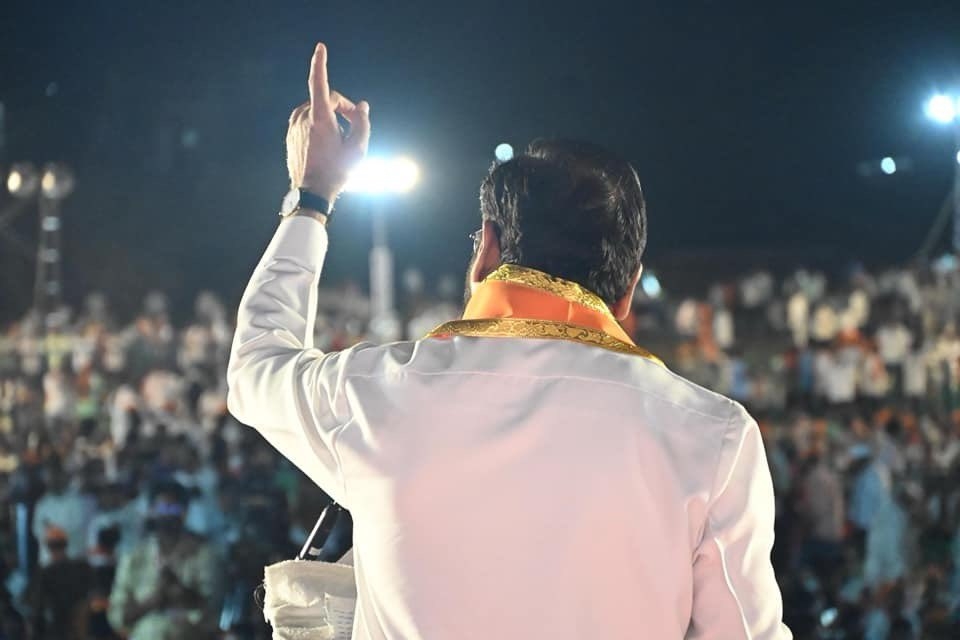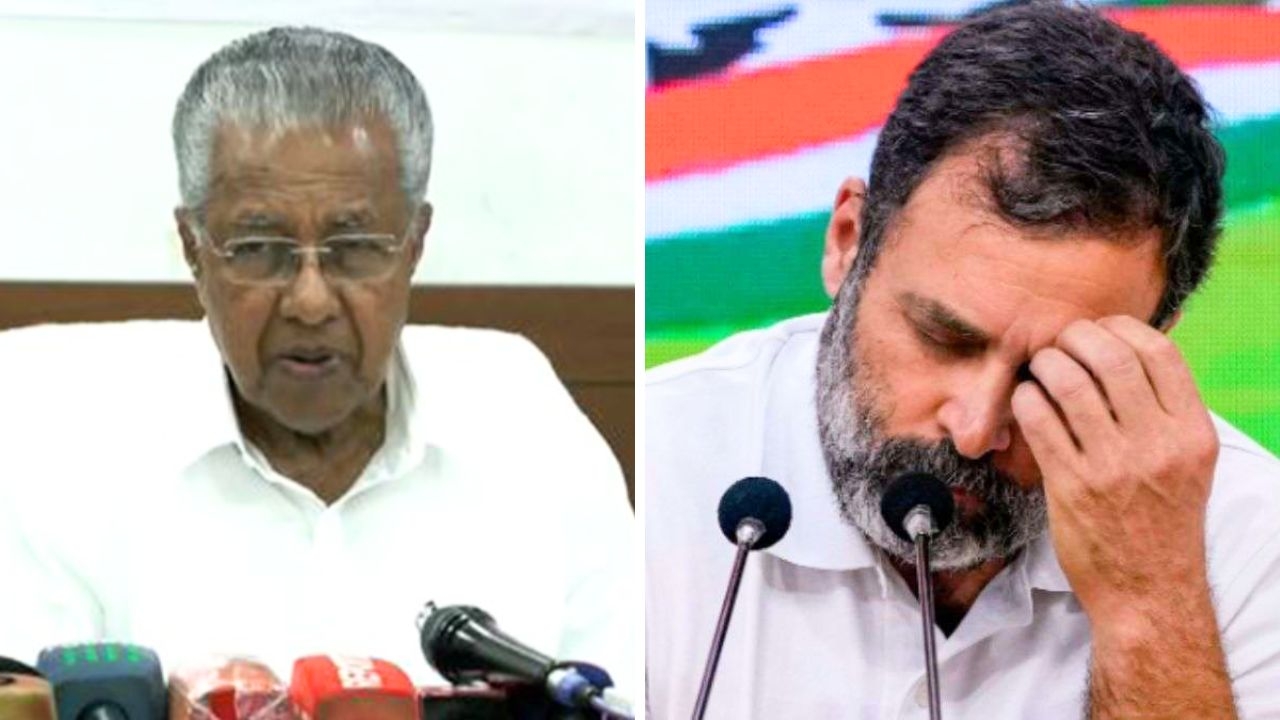Talvar is a masterful critique of our weakness for hysteria and slander
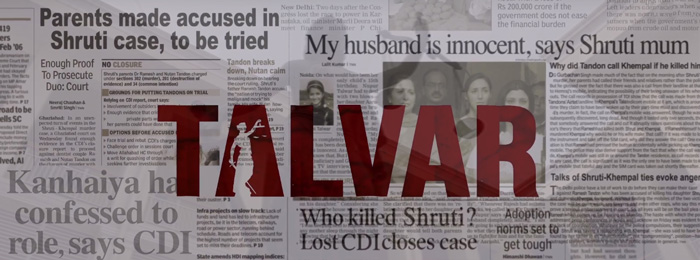
At the very outset, director Meghna Gulzar knew her task was cut out for her.
First, she had to portray Aarushi Talwar and Hemraj Banjade's murders with absolute, academic integrity. It's a case marked by the failure of the most professional of investigators. And yet she had to be able to distill fact from speculation, hypothesis from evidence; she had to corroborate, verify, interview and record.
Second, she had to bring something compelling and less told to the story of a murder saturated with dramatic reconstructions. She had to retell a narrative we had begun to take for granted. Except, without allowing us to take it for granted.
Third, she had to do it with the greatest degree of sensitivity. Because to portray the slitting of the throat of a 14-year-old girl with compassion is to perform ballet in horse hooves.
Fourth, and perhaps most significantly, she had to waltz the fine line between telling undisputed fact and offending the judicial system.
She had to delicately make the case that all we have so far are hypotheses. Unverified, disjointed hypotheses. But she had to do so without combating the courts, which pronounced the Talwars guilty in 2013.
If there was ever a testament to directorial genius, to waltzing fine lines and performing ballet in horse hooves, to monumental feats of acrobatics performed with finesse, Talvar is it.
The Rashomon Apparatus
Two polarising narratives. Both equally engaging, both fraught with loopholes.
The first: Nupur and Rajesh Talwar killed their daughter because she was found being intimate with her domestic help. Then they killed him too.
The second: A third, and possibly fourth person, killed them both. In their own home while Aarushi's parents were asleep.
Talvar enters this dance of death with an objectivity that is brutal. Both narratives are given their day in the film (which is perhaps more than can be said of the court). Both are played out. Both have their loopholes questioned and turned inside-out ruthlessly. By both the director and the character of the CDI investigation officer Ashwini Kumar (played by Irrfan Khan).
If at the end of two hours of incessant probing, one narrative emerges as the more sound, it is less a function of a script writer's bias and more a function of fact.
Here lies Talvar's genius. It has made no political statement. It has has not questioned one investigative officer any more than it has another. It has not called out any court or jury for making an improbable judgment.
It has simply laid it all out - the hypotheses offered, the loopholes picked and the answers, plausible and otherwise, provided to those loopholes. Gulzar then tacitly prods the audience to its own conclusions.
It is a process that could have been exacting for the audience. But it isn't. The plot flows seamlessly, even simply, but without being simplistic. No important nuance has been glossed over. How the doors locked, why Hemraj's corpse (Khempal in the film) was found with its slippers on, how Rajesh Talwar recognised Hemraj's body - each detail is dealt with knowledgeably and effectively.
Talvar is an uncomfortable and brightly lit mirror to the failings of the Indian justice system
There are also Easter eggs littered across the film. Aarushi, for example, is called Shruti. This choice of name is significant.
In a press conference in the week after the double murder, Inspector General Gurudarshan Singh triumphantly referred to her as Shruti, while confidently brandishing his assumption that this was an honour killing and that 'Shruti' was sexually involved with her domestic help.
He knew of her sexual associations, but not her first name.
It's this wealth of detail, this innocent incrimination, this deliberate 'we are saying it but we aren't quite' that makes the film as potent as it is.
Too big a film to review
It is irrelevant and trivial now to compliment Konkona Sen Sharma (who plays Aarushi's mother) or Neeraj Kabi (her father), for their part. Suffice to know that the acting, which could have gone incredibly awry, is sound. So sound you barely notice it.
To discuss cinematography, acting, production or music is trite. They deserve not to be talked about. They are flawless. Because in a film this tactful and delicate, the slightest lapse would have cost Talvar its entirety.
Konkona Sen Sharma and Neeraj Kabi's acting is sound. So sound you barely notice it
Talvar is not a delicious whodunnit murder mystery. It's worth cannot be measured with conventional metrics. It is not the product of a director jumping onto the bandwagon of an intriguing story. No actor aims to display their prowess. They are here simply to tell the tale. And tell it convincingly enough to move you.
Talvar is, instead, an uncomfortable and brightly lit mirror to the failings of the Indian justice system. It is a telling portrayal of the judiciary, the police, the investigative agencies and politics of every power that be.
It's an insight into our apathy, our hysteria, how happy we are to lap up unsubstantiated slander and how vulnerable we are, consequently, to it.





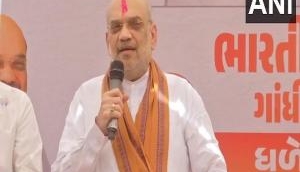

![BJP's Kapil Mishra recreates Shankar Mahadevan’s ‘Breathless’ song to highlight Delhi pollution [WATCH] BJP's Kapil Mishra recreates Shankar Mahadevan’s ‘Breathless’ song to highlight Delhi pollution [WATCH]](http://images.catchnews.com/upload/2022/11/03/kapil-mishra_240884_300x172.png)

![Anupam Kher shares pictures of his toned body on 67th birthday [MUST SEE] Anupam Kher shares pictures of his toned body on 67th birthday [MUST SEE]](http://images.catchnews.com/upload/2022/03/07/Anupam_kher_231145_300x172.jpg)


